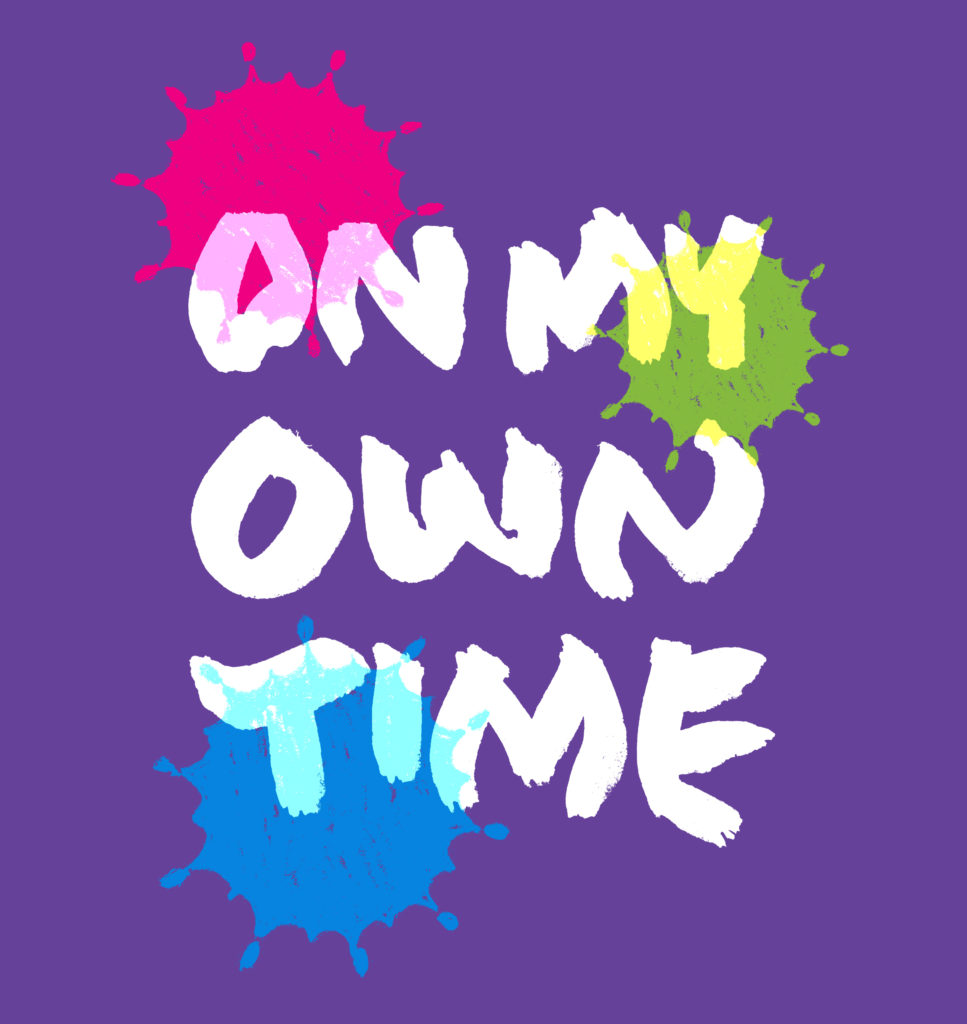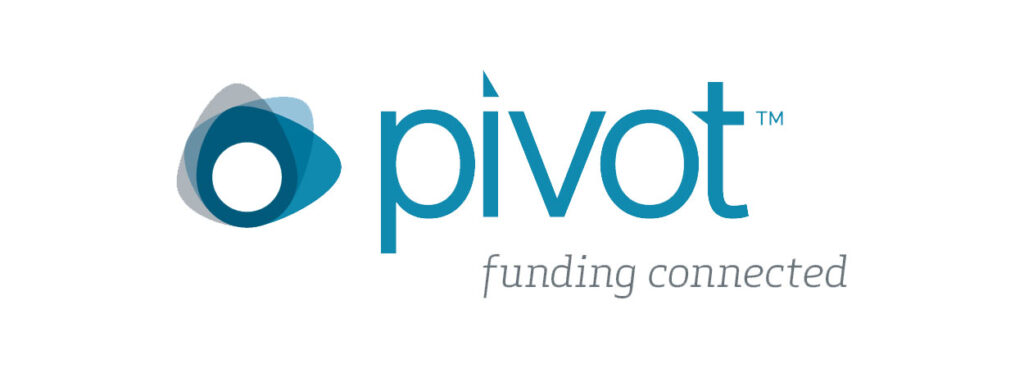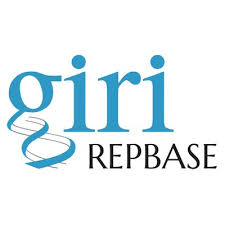New coalition seeks lower costs and greater access to research.

Twenty-seven universities across Texas have joined forces as the Texas Library Coalition for United Action (TLCUA) to think creatively about access to faculty publications and the sustainability of journal subscriptions. TLCUA has organized to identify the best way to change current models and the relationships between academic institutions and publishers. The goals of the Coalition are ambitious – improved access to scholarship, greater control over faculty content, and pricing models that are sustainable for strained library budgets in higher education.
The sustainability of providing scholarly research at ever-increasing costs is putting these academic libraries in difficult positions as they work to offer access to scholars on their campuses.
“We are nearing a tipping point where we can no longer continue under the current business model,” said Sara Lowman, Vice Provost & University Librarian at Rice University and chair of the Coalition Steering Committee. “We want to come up with solutions that benefit everyone involved: the taxpayers and others who fund our research, the professors who conduct the research, the publishers who disseminate our research findings, and people around the world who benefit from research conducted in Texas.”
Technology has provided greater opportunities for wider availability of resources, and the Coalition wants those opportunities to be reflected in agreements that will benefit all academic libraries whether public or private, urban or rural.
The Coalition has begun its mission by entering into dialog with academic publisher Elsevier. They hope that through positive engagement and mutual understanding, an improved and sustainable model for the dissemination of scholarship can be achieved.
“We value the content in Elsevier journals and look forward to working with Elsevier to come to a mutually beneficial agreement,” Lowman said.
Elsevier is the world’s largest publisher of scholarly work, with 70 offices in 24 countries. It publishes 2,500 journals, including The Lancet and Cell, covering topics in medicine, biology, psychology, business, and more. Elsevier has been involved in a number of negotiations with US universities recently, including the University of California system, California State University, Carnegie Mellon University, Louisiana State University, Massachusetts Institute of Technology, and Washington University in St. Louis.
The Coalition institutions collectively have more than 397,000 students and 25,000 faculty. Their Elsevier subscriptions represent a significant investment estimated at over $20 million. By these and other measures, the Coalition represents one of the largest and most diverse U.S. collective negotiation consortia of its kind.
The current members of the Texas Library Coalition for United Action are:
- Angelo State University
- Baylor University
- Lamar University
- Prairie View A&M University
- Rice University
- Sam Houston State University
- Stephen F. Austin University
- Sul Ross State University
- Tarleton State University
- Texas A&M International University
- Texas A&M University (College Station)
- Texas A&M University-Central Texas
- Texas A&M University-Commerce
- Texas A&M University-Corpus Christi
- Texas A&M University-Kingsville
- Texas A&M University-San Antonio
- Texas A&M University-Texarkana
- Texas State University
- Texas Tech University (Lubbock)
- Texas Tech University Health Sciences Center El Paso
- Texas Tech University Health Sciences Center Lubbock
- University of Dallas
- University of Houston
- University of Houston Clear Lake
- University of Houston Downtown
- The University of Texas Southwestern Medical Center
- West Texas A&M University








 The UT Southwestern Library has recently subscribed to
The UT Southwestern Library has recently subscribed to